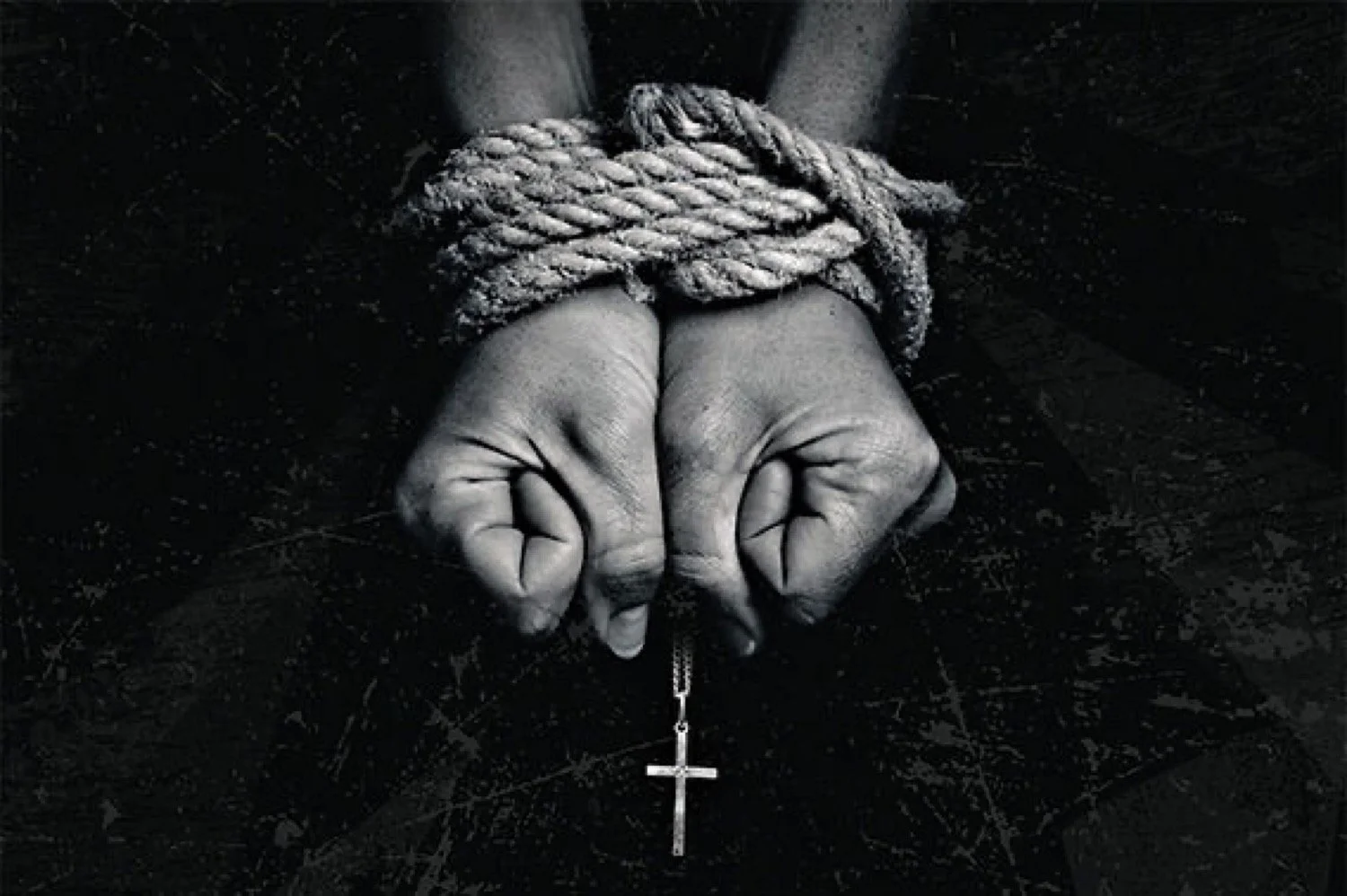Readings for today: 2 Kings 14-15, 2 Chronicles 25-27
High places. We see them pop up all over the place in the Kings and Chronicles. Often the righteousness of kings is judged on whether or not they tolerate them. What are they? Originally, they were sacred spaces where the Canaanite tribes worshipped their gods. If you flip back to Deuteronomy 12, you read these words, “You shall surely destroy all the places where the nations whom you shall dispossess served their gods, on the high mountains and on the hills and under every green tree. You shall tear down their altars and dash in pieces their pillars and burn their Asherim with fire. You shall chop down the carved images of their gods and destroy their name out of that place.” (Deut. 12:2-3) Yahweh had set His people apart. They would be different. They would not be like any other tribe or nation. Because they were a nation of priests, they would worship Yahweh in the way He prescribed. “But you shall seek the place that the Lord your God will choose out of all your tribes to put his name and make his habitation there. There you shall go, and there you shall bring your burnt offerings and your sacrifices, your tithes and the contribution that you present, your vow offerings, your freewill offerings, and the firstborn of your herd and of your flock. And there you shall eat before the Lord your God, and you shall rejoice, you and your households, in all that you undertake, in which the Lord your God has blessed you.” (Deut. 12:5-7)
Where was this place? Originally, it was the Tabernacle that traveled with them in the wilderness. After Solomon, it was the Temple in Jerusalem. This was the place where God had set His name and indwelt with His presence. This was the “place” the Israelites were commanded to seek when they worshipped. However, the travel could be difficult. The cost was high. It meant time away from the fields. Time away from home. After the kingdoms split, it meant possible defection by the northern tribes so the Israelite kings set up their own shrines (the sin of Jeroboam) and forbid their people from traveling to Jerusalem at the prescribed times. The people set up their own shrines to Yahweh on the very high places He once commanded them to destroy. If we assume the best of them, they were trying to worship Yahweh. Trying to remain faithful. Just not in the way He demanded or the way He deserved. At their worst, they adopted the worship practices of the locals and sought other gods.
God cares about our worship. He cares about what happens week in and week out in local churches all over the world. Not because God is taking attendance but because God seeks worshippers who will worship Him in Spirit and in Truth. Worshippers who will give Him the worship He demands in the way He deserves. Worshippers who will not compromise. Worshippers who will honor Him as holy. Worshippers who refuse to make themselves the center of the experience. Worshippers who lay aside their wants, their needs, their desires, their preferences to come before the Lord in humility. To do anything else is to create a “high place.” A shrine to another god. And most of that time, that “god” is Self. The besetting sin of the Western Church is the idolatry of self. We are the object of our worship. Our satisfaction is the key performance indicator. We engage worship based on our own personal preferences. We refuse to honor God as holy. God as supreme. God as Lord. We are proud. We are arrogant. We think far too much of ourselves. And if the lives of the kings teach us anything it is this...God will not be mocked. We will be judged on the basis of who or what we worship.
Where are the high places in your life? Do you find yourself despising the gathering of God’s people? Do you find yourself avoiding weekly worship? Do you find yourself struggling to hear the Word? Sing the songs? Pray the prayers? Let me gently but boldly call you to repentance, friends! Remember whose presence you are in! Remember who you’ve come to serve! Remember what worship is all about! Repent. Confess. And ask the Spirit to renew your passion for true worship.
Readings for tomorrow: Jonah 1-4




